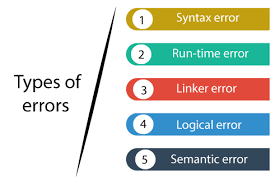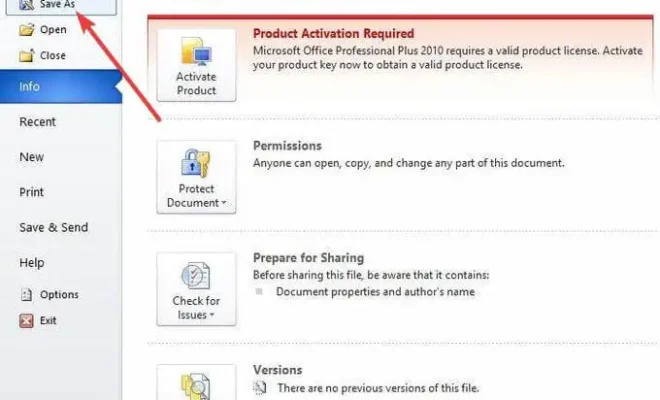3 Types of Programming Errors and How to Avoid Them

Programming is an essential aspect of modern life. From complex business applications to mobile games, programming has transformed various aspects of our lives. However, while programming may seem simple, the process can be challenging, especially for beginners. One of the most critical aspects of programming is error detection and prevention, which is essential to ensure that programs run smoothly. Here are three types of programming errors and how to avoid them.
Syntax Errors:
Syntax errors are one of the most common types of programming errors. These errors occur when the programming language’s syntax is not followed. Syntax errors can be caused by simple mistakes, such as a missing semicolon, bracket, or other punctuation marks. Syntax errors can also occur if the programmer uses reserved words that are not allowed in the program. To avoid syntax errors, it is essential to thoroughly understand the programming language’s syntax and adhere to the rules.
Logical Errors:
Logical errors occur when the program runs, but the output is not what was expected. These errors can be more complicated to detect and fix than syntax errors. They occur when the programmer’s logic is flawed or when the program executes an unforeseen outcome that is logically correct. To prevent logical errors, it is vital to have a well-designed program and run tests to ensure all desired outcomes are met. Additionally, one can use debugging tools to detect logical errors.
Runtime Errors:
Runtime errors occur after a program has begun executing. These types of errors are usually caused by incorrect input or other unforeseen conditions that cause the program to crash. Runtime errors can also be caused by memory issues or system failures. To avoid runtime errors, it is crucial to thoroughly test the program under a variety of conditions to identify all possible inputs and outcomes. Additionally, programmers can use exception handling structures, antivirus software, and other tools to mitigate runtime errors.
In conclusion, programming errors can be challenging to avoid, no matter how experienced you are. However, by being aware of the most common types of errors, programmers can take proactive steps to prevent them. The key to avoiding programming errors is to test the program thoroughly, understand the programming language’s syntax, and have a well-designed program. Programming errors can be fixed by using debugging tools, exception handling structures, and antivirus software. By incorporating these solutions, programmers can reduce errors and ensure a smooth-running program.






